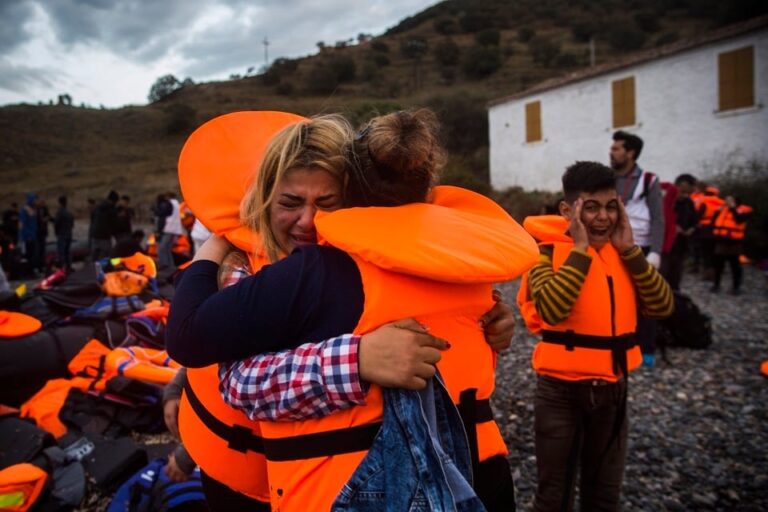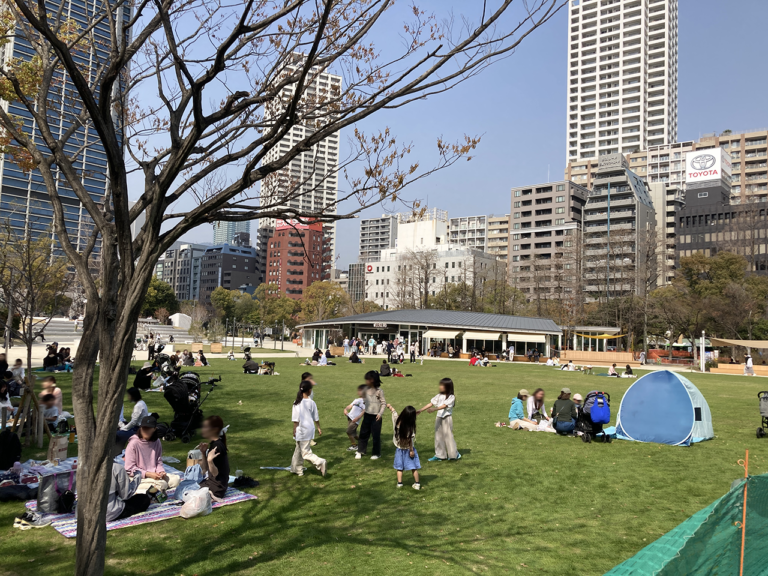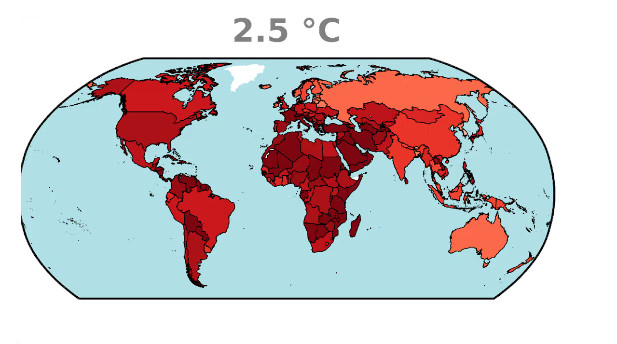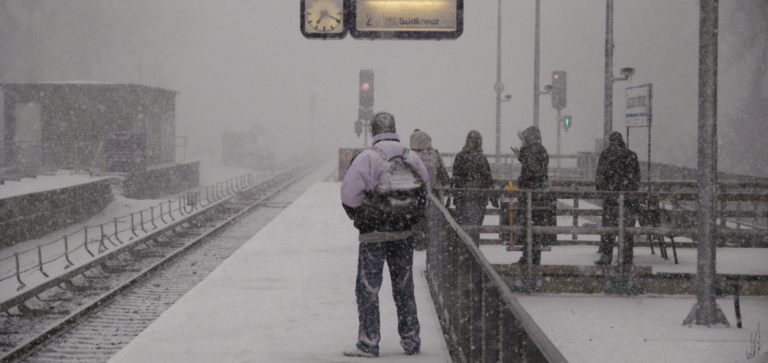US journalist revisits Lesvos tragedy in new book
Two women hug each other as a boy cries after reaching the shores of the Greek island of Lesvos, a day after the deadly wreck of October 28, 2015. [Santi Palacios/AP] He grabbed a piece of driftwood with one hand and tried to keep his son’s head above water with the other. He’d lost sight…







